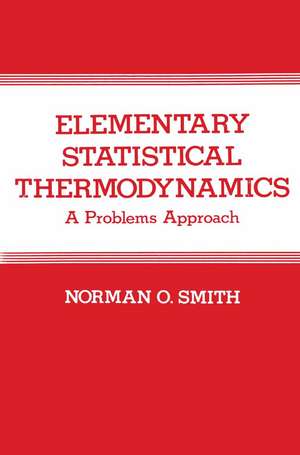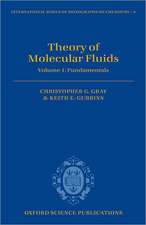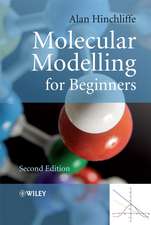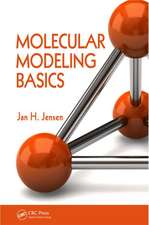Elementary Statistical Thermodynamics: A Problems Approach
Autor Norman Smithen Limba Engleză Paperback – 17 noi 2012
Preț: 722.61 lei
Preț vechi: 881.23 lei
-18% Nou
Puncte Express: 1084
Preț estimativ în valută:
138.28€ • 143.55$ • 115.31£
138.28€ • 143.55$ • 115.31£
Carte tipărită la comandă
Livrare economică 22 martie-05 aprilie
Preluare comenzi: 021 569.72.76
Specificații
ISBN-13: 9781461593164
ISBN-10: 1461593166
Pagini: 232
Ilustrații: XIV, 216 p.
Dimensiuni: 140 x 216 x 12 mm
Greutate: 0.3 kg
Ediția:Softcover reprint of the original 1st ed. 1982
Editura: Springer Us
Colecția Springer
Locul publicării:New York, NY, United States
ISBN-10: 1461593166
Pagini: 232
Ilustrații: XIV, 216 p.
Dimensiuni: 140 x 216 x 12 mm
Greutate: 0.3 kg
Ediția:Softcover reprint of the original 1st ed. 1982
Editura: Springer Us
Colecția Springer
Locul publicării:New York, NY, United States
Public țintă
ResearchDescriere
This book is a sequel to my Chemical Thermodynamics: A Prob lems Approach published in 1967, which concerned classical thermodynamics almost exclusively. Most books on statistical thermodynamics now available are written either for the superior general chemistry student or for the specialist. The author has felt the need for a text which would bring the intermediate reader to the point where he could not only appreciate the roots of the subject but also have some facility in calculating thermodynamic quantities. Although statistical thermodynamics comprises an essential part of the college training of a chemist, its treatment in general physical chem istry texts is, of necessity, compressed to the point where the less competent student is unable to appreciate or comprehend its logic and beauty, and is reduced to memorizing a series of formulas. It has been my aim to fill this need by writing a logical account of the foundations and applications of the sub ject at a level which can be grasped by an undergraduate who has had some exposure to calculus and to the basic concepts of classical thermodynamics. It can serve as a text or supple mentary reading for a course, or provide the means whereby one could become conversant with the subject on his own, without the benefit of an instructor.
Cuprins
One Statistical Mechanics Of Distinguishable Particles.- Probability.- The Boltzmann Distribution.- Modifications.- Required by Degeneracy.- The Particle Partition Function.- Summary.- Problems.- Two The Statistical Basis of Entropy.- The Boltzmann-Planck Equation.- Further Commentary on the Boltzmann-Planck Equation.- Dependence of Wtottot on E and on V.- Problems.- Three Thermodynamic Functions for Systems of Localized (Distinguishable) Particles.- The Distribution Law.- Atomic Crystals—The Einstein Model.- The Debye Model.- Problems.- Four Systems of Nonlocalized (Indistinguishable) Particles.- The Distribution Law.- Calculation of Thermodynamic Functions.- Ideal Gas Molecules and the Factorization of the Partition Function.- Breakdown of Contributions to Thermodynamic Functions.- Proof That ß = 1/kt.- Problems.- Five Thermodynamic Functions for Ideal Gases—Part I.- The Translational Partition Function.- The Mechanics of Rotation.- The Rotational Partition Function for Linear Molecules.- The Rotational Partition Function for Nonlinear Molecules.- The Vibrational Partition Function.- Further Comments on Energy Zeros.- Problems.- Six Thermodynamic Functions for Ideal Gases—Part II.- The Electronic Partition Function.- Residual Entropy.- The Nuclear Partition Function.- Ortho and Para H2 and D2.- Internal Rotation.- The Free Energy Function. Tabulation of Statistical Thermodynamic Data.- Summary.- Problems.- Seven Chemical Equilibrium For Ideal Gases.- Determination of Equilibrium Constants.- Statistical Interpretation of Equilibrium Constants.- Isotope Exchange Equilibria.- Estimation of Position of Equilibrium.- Concluding Comments.- Problems.- Eight Answers to Problems.












